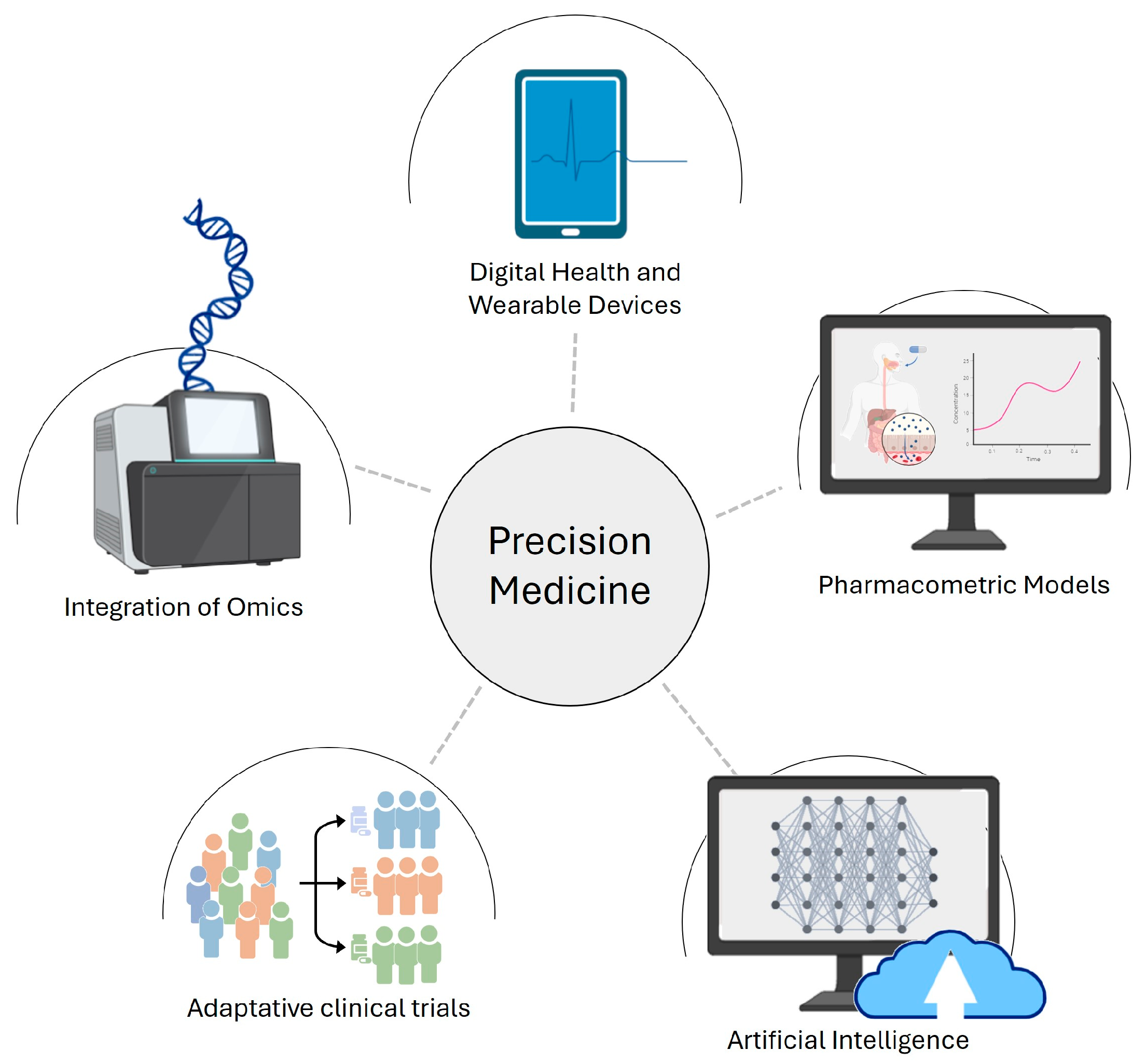- Published on
Revolutionizing Healthcare The Power of Personalized Medicine with AI
- Authors

- Name
- Adil ABBADI
Introduction
Imagine a future where medical treatment is no longer a one-size-fits-all approach. A future where doctors can provide personalized care, tailored to an individual's unique genetic profile, medical history, and lifestyle. This is the promise of personalized medicine, and Artificial Intelligence (AI) is playing a significant role in making it a reality.

- Understanding Personalized Medicine
- The Role of AI in Personalized Medicine
- Applications of Personalized Medicine with AI
- Challenges and Limitations
- Conclusion
- Final Call-to-Action
Understanding Personalized Medicine
Personalized medicine, also known as precision medicine, is an approach that involves using advanced technologies, such as genomics, proteomics, and machine learning, to create customized treatment plans for individual patients. This approach takes into account a patient's unique characteristics, including their genetic makeup, medical history, and lifestyle, to develop targeted therapies.
# Example of a machine learning model used in personalized medicine
from sklearn.ensemble import RandomForestClassifier
from sklearn.datasets import load_iris
from sklearn.model_selection import train_test_split
# Load the iris dataset
iris = load_iris()
X = iris.data
y = iris.target
# Split the dataset into training and testing sets
X_train, X_test, y_train, y_test = train_test_split(X, y, test_size=0.2, random_state=42)
# Create a random forest classifier
rf = RandomForestClassifier(n_estimators=100)
# Train the model
rf.fit(X_train, y_train)
# Make predictions on the test set
y_pred = rf.predict(X_test)
The Role of AI in Personalized Medicine
AI is revolutionizing personalized medicine by enabling the analysis of large amounts of complex data, such as genomic sequences, medical images, and electronic health records. Machine learning algorithms can identify patterns and relationships in this data, allowing doctors to make more accurate diagnoses and develop targeted treatment plans.

For example, AI-powered systems can help identify patients at high risk of developing certain diseases, allowing for early intervention and prevention. Additionally, AI-driven chatbots can help patients navigate complex healthcare systems, providing personalized guidance and support.
Applications of Personalized Medicine with AI
The applications of personalized medicine with AI are vast and varied. Some examples include:
Cancer Treatment
AI-powered systems can help identify the most effective cancer treatments based on a patient's genetic profile and medical history. For instance, machine learning algorithms can analyze genomic data to identify specific mutations that can be targeted by certain medications.
Rare Disease Diagnosis
AI can help diagnose rare diseases by analyzing large amounts of electronic health record data and identifying patterns that may indicate a specific condition.
Personalized Medication
AI-driven systems can recommend personalized medication regimens based on a patient's genetic profile, medical history, and lifestyle.
# Example of a machine learning model used in personalized medication
from sklearn.ensemble import GradientBoostingClassifier
from sklearn.datasets import load_boston
from sklearn.model_selection import train_test_split
# Load the Boston housing dataset
boston = load_boston()
X = boston.data
y = boston.target
# Split the dataset into training and testing sets
X_train, X_test, y_train, y_test = train_test_split(X, y, test_size=0.2, random_state=42)
# Create a gradient boosting classifier
gb = GradientBoostingClassifier(n_estimators=100)
# Train the model
gb.fit(X_train, y_train)
# Make predictions on the test set
y_pred = gb.predict(X_test)
Challenges and Limitations
While personalized medicine with AI holds great promise, there are several challenges and limitations to consider. These include:
- Data quality and availability: High-quality, anonymized data is necessary for AI-driven systems to make accurate predictions. However, accessing and integrating data from multiple sources can be a significant challenge.
- Regulatory frameworks: Governments and regulatory agencies must develop and implement policies that ensure the safe and ethical use of AI in healthcare.
- Patient privacy: The use of AI in healthcare raises concerns about patient privacy and data security.
Conclusion
Personalized medicine with AI has the potential to revolutionize healthcare by providing targeted, effective treatments tailored to individual patients. While there are challenges and limitations to consider, the benefits of this approach are undeniable. As AI continues to evolve and improve, we can expect to see significant advancements in personalized medicine, leading to better health outcomes and improved patient care.
Final Call-to-Action
As we move forward in this exciting era of personalized medicine, it's essential that we continue to prioritize innovation, collaboration, and patient-centered care. By working together, we can unlock the full potential of AI in healthcare and create a brighter future for patients everywhere.
